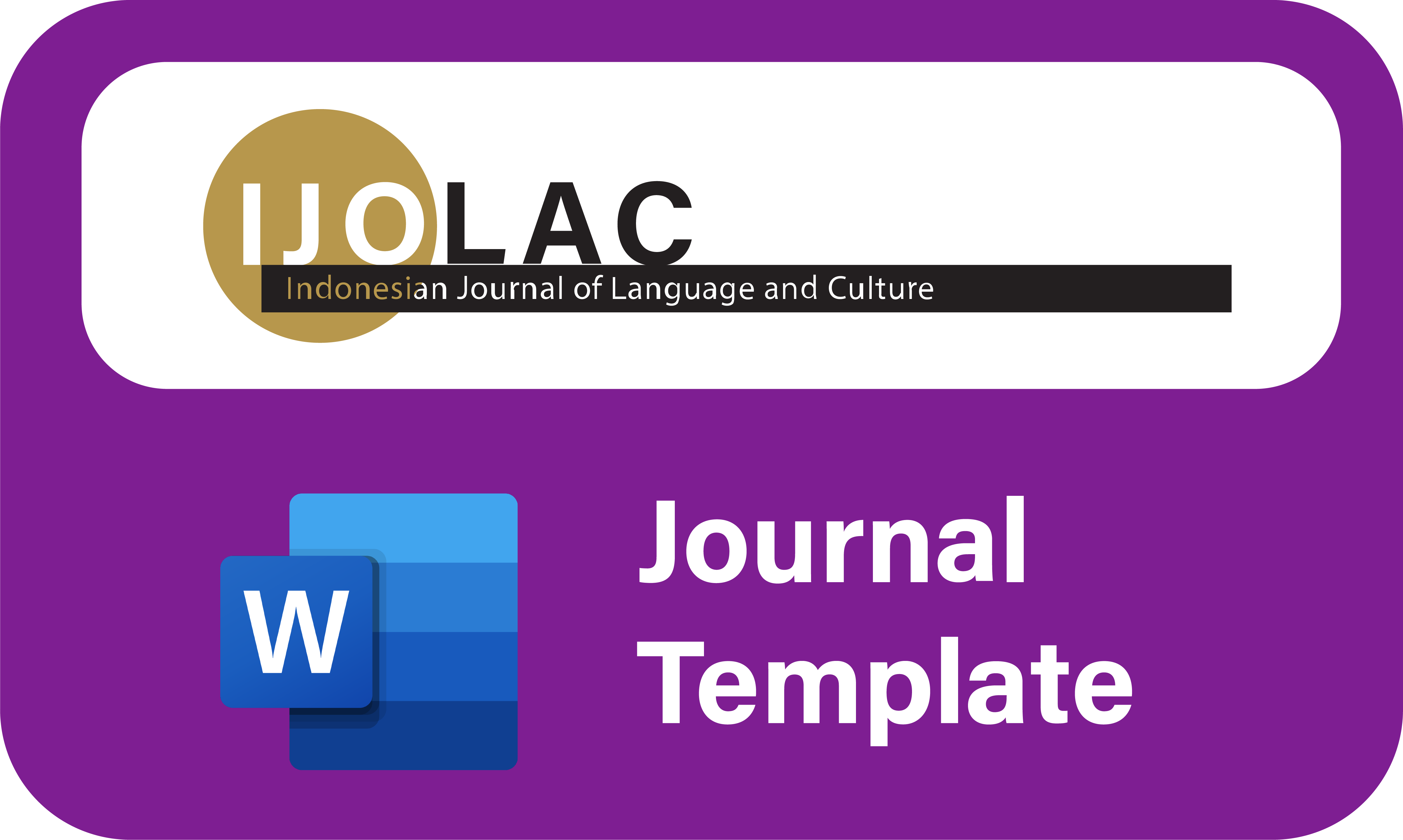EFFECTIVE STRATEGIES FOR SECOND LANGUAGE ACQUISITION: THE ROLE OF EDUCATIONAL MANAGEMENT IN IMPROVING LEARNING QUALITY
Keywords:
Educational management, second language learning, challenges, solutionsAbstract
Second language learning faces significant challenges, such as low student motivation, limited resources, and a lack of teacher training, which can hinder learning effectiveness. Ineffective educational management in curriculum and language policy implementation may exacerbate these conditions, making exploring effective strategies for supporting second language acquisition essential. This study aims to identify and analyze effective educational management strategies in supporting second language acquisition and solutions to challenges encountered in their implementation. Additionally, this research seeks to provide recommendations on policies and teaching approaches to enhance the quality of second language learning. The research method used is a literature review involving collecting and analyzing relevant articles and scientific journals. This study explores various literature on educational management, second language teaching strategies, and technology in language learning. The findings indicate that effective educational management—such as curriculum development based on authentic communication, the use of technology in learning, and teacher training—can improve the effectiveness of second language acquisition. The main challenges include low student motivation and limited resource access, which can be addressed through technology-based approaches and more inclusive policies.
Downloads
References
Brown, H. D. (2021). Principles of Language Learning and Teaching. Pearson Education.
Ellis, R. (2020). The Study of Second Language Acquisition. Oxford University Press.
Fadhilah, R., & Sari, P. (2022). Multicultural Literacy and Cultural Identity Formation Among Young Learners. International Journal of Educational Studies, 15(3), 89–105.
Gass, S. M., & Mackey, A. (2019). Second Language Research: Methodology and Design. Routledge.
Kukulska-Hulme, A. (2020). Mobile Learning and Language Learning in The Handbook of Language Learning and Technology. Wiley-Blackwell.
Larsen-Freeman, D. (2020). Techniques and Principles in Language Teaching. Oxford University Press.
Lestari, R., & Wibowo, T. (2023). Parental Engagement in Children’s Literacy and Cultural Awareness. Indonesian Journal of Early Childhood Education, 7(2), 55–70.
Littlewood, W. (2019). Communicative Language Teaching: An Introduction. Cambridge University Press.
Nguyen, H. T., et al. (2022). Technology-Enhanced Language Learning: Bridging the Gap between Learning and Teaching. Springer.
Putri, S., & Handayani, L. (2021). Accessibility and Availability of Local Cultural Literacy Materials. Journal of Educational Resources, 11(2), 120–134.
Shohamy, E. (2020). Language Testing and Assessment: An Advanced Resource Book. Routledge.
Suyanto, Y., et al. (2022). Collaborative Approaches in Strengthening Local Cultural Literacy. Educational Policy Journal, 17(3), 88–102.
Widodo, H., et al. (2022). Technology-Based Literacy in Strengthening Local Cultural Identity. Journal of Educational Technology and Culture, 13(2), 102–117.
Winke, P., et al. (2021). Teaching English as a Second or Foreign Language. National Geographic Learning.
Downloads
Published
How to Cite
Issue
Section
License
Copyright (c) 2023 IJoLaC: International Journal of Language and Culture

This work is licensed under a Creative Commons Attribution-ShareAlike 4.0 International License.



